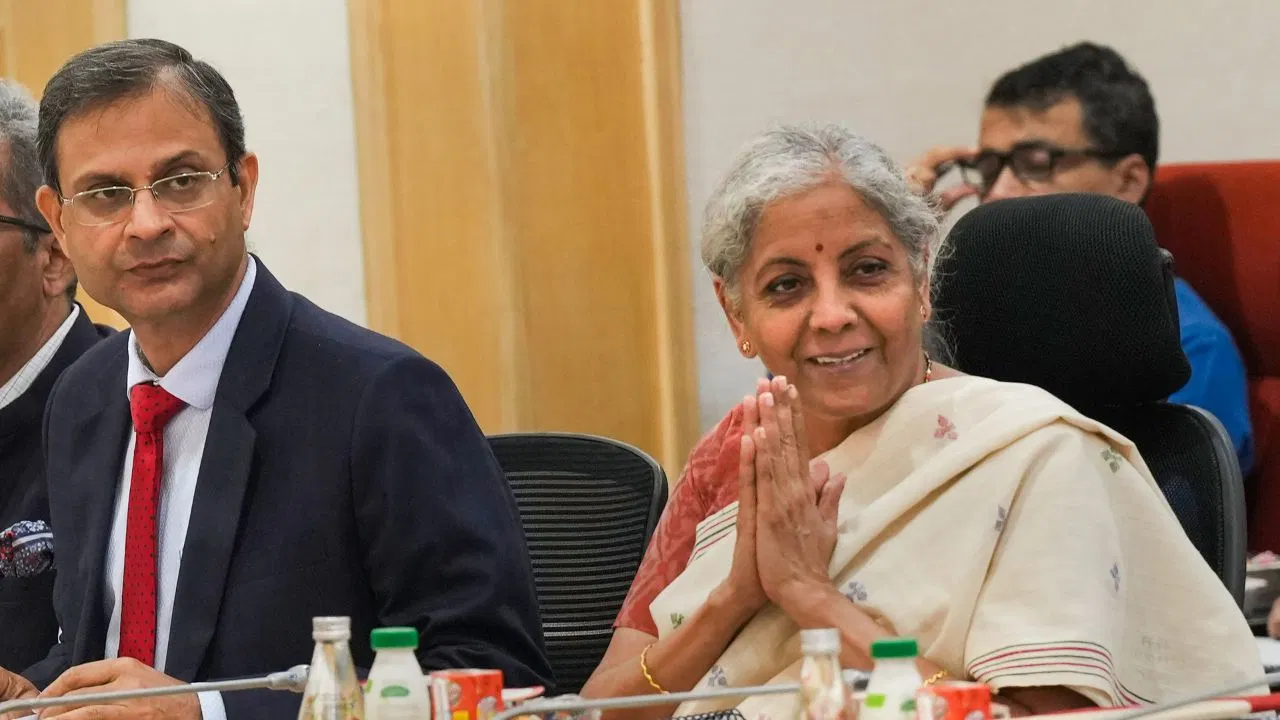The Government of India has appointed Sanjay Malhotra, a seasoned civil servant and the current Revenue Secretary, as the 26th Governor of the Reserve Bank of India (RBI). Malhotra will succeed Shaktikanta Das, whose tenure concludes on December 10, 2024. He is set to begin his three-year term as the central bank's chief on December 11.
Who is Sanjay Malhotra?
Sanjay Malhotra is an accomplished Indian Administrative Service (IAS) officer from the 1990 Rajasthan cadre. He holds a Bachelor’s degree in Computer Science from IIT Kanpur and a Master’s in Public Policy from Princeton University in the United States.
Malhotra brings over 33 years of administrative experience across various sectors, including power, finance, taxation, information technology, and mining. Before his current role as Revenue Secretary, he served as the Department of Financial Services Secretary within the Ministry of Finance, where he played a pivotal role in shaping financial policies.
Key Achievements and Expertise
- As Revenue Secretary, Malhotra has been instrumental in developing tax policies for both direct and indirect taxation systems.
- He played a critical role in the rollout of India's new income tax regime, simplifying tax compliance and promoting economic growth.
- He has consistently emphasized the importance of a prudent and growth-oriented approach to taxation, urging revenue officials to focus on fostering economic development.
Working Relationship with the Finance Ministry
Malhotra’s strong collaboration with Finance Minister Nirmala Sitharaman is expected to enhance the alignment between India’s monetary and fiscal policies. Analysts believe this coordination will be crucial as India navigates economic challenges, such as slowing GDP growth and inflationary pressures.
Challenges Ahead
Malhotra steps into his role during a complex economic phase. India's GDP growth slowed to 5.4% in the July-September quarter of 2024, its lowest in seven quarters. Additionally, high borrowing costs have drawn criticism from senior government officials, with calls for the RBI to ease interest rates to support growth.
Inflation remains a pressing concern, with the Consumer Price Index (CPI) inflation reaching 6.21% in October, exceeding the RBI’s target range. Food prices, a major component of the inflation basket, have contributed significantly to this rise.
Will Malhotra Shift Monetary Policy?
Despite the pressures, analysts predict that Malhotra’s appointment may not result in dramatic shifts in monetary policy. Observers expect the central bank to maintain its cautious approach, potentially reducing interest rates in early 2025 if economic data supports such a move.
Economist Gaurav Kapur of IndusInd Bank noted, “If growth continues to falter, the probability of an interest rate cut increases, but decisions will hinge on incoming data.” Similarly, Anubhuti Sahay of Standard Chartered Bank highlighted the tradition of bureaucrats leading the RBI, emphasizing continuity in policy direction regardless of leadership changes.
A Legacy of Stability
Sanjay Malhotra’s extensive administrative background and proven track record in financial policymaking position him as a capable leader for the RBI. His tenure will likely focus on striking a balance between managing inflation, supporting economic growth, and ensuring the stability of India’s financial system.


















